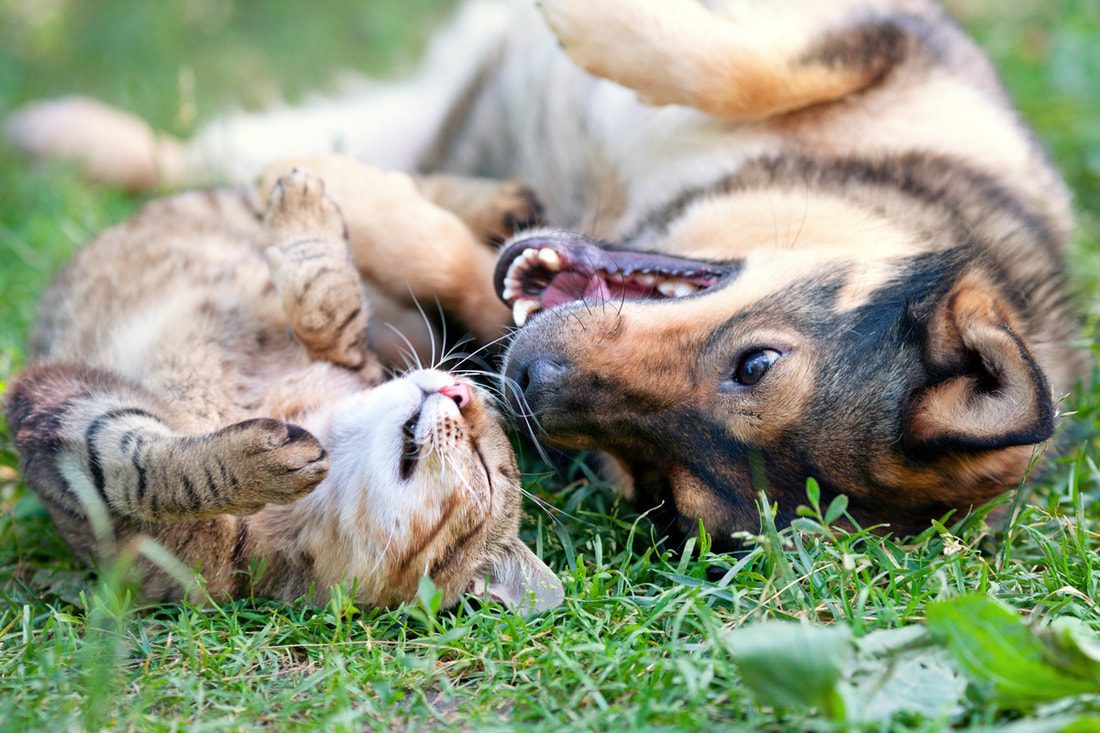However, prevention is your number one line of defense to protect both your pet and your finances.
Pet Poisoning Prevention Tips
Although it is always possible, despite your best efforts, for your pet to get into something harmful at home (or while moving about the neighborhood after a “break out”), you can dramatically reduce the risk to your pet by following such preventative measures as these:
- Keep pets away from harmful vegetation (or don’t plant such species.) Sago palms, Easter lilies, yew plant, daffodils, and azaleas are among the more common plants that can make your pet sick, or worse, if they’re ingested.
- Lock up all cleansers and chemicals of every kind. If your dog or cat gets into these areas and contacts or even licks up such cleaning agents, burns, stomach tumult, or even death could occur.
- Keep all medicines, pesticides, and rodent baits securely stored, preferably not near floor level. Realize that things like rat baits, for example, contain elements that can attract pets and not just pests.
- Never take it upon yourself to give your pet medicine, unless it was prescribed by a veterinarian and understand that some medications that are safe for humans can be harmful or even fatal to pets. No matter what the internet says, always check with your veterinarian prior to administering any medication.
- Don’t assume products designed for use on cats can be safely used with dogs, or vice versa. Read and carefully follow all instructions for pet medications, sprays, shampoos, and other products.
- Be especially vigilant to keep antifreeze, gas, oil, and automotive products safely away from pets. If you use a fogger bug bomb or spray for fleas, bed bugs, roaches, etc., don’t let pets into treated areas until it is safe again. Always read directions, and always keep chemicals safely stored.
- Don’t leave your chocolate and other poisonous foods where your pet can get to it, and make sure your kids know which foods aren’t okay to share with their furry friend.
Weighing The Risks Ahead Of Time
It only takes a minimal amount of thought and foresight, and basic, common-sense preventative actions, to minimize the risk of pet poisoning. It is part of being a responsible pet owner who looks out for his/her “furry friend” and keeps harmful substances out of reach.
But the risks of an accident or medical problem suddenly jumping up and hurting both your pet and your pocket book are also high. That’s why many people today are opting for affordable pet insurance that covers them in case of unexpected, high-cost medical expenses but doesn’t cost much month to month.
To learn more about the benefits of pet insurance, contact Flagler County Insurance Agency today!
